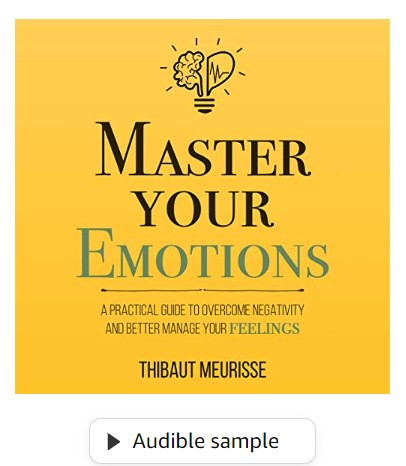What is Emotional Regulation?
Emotional regulation refers to the ability to effectively manage and respond to an emotional experience. It involves recognizing, understanding, and managing one’s emotions in healthy ways.
Effective emotional regulation can contribute to mental and emotional well-being, improved relationships, and better overall functioning.
I’m feeling really overwhelmed right now, any tips for regulating my emotions?
When feeling overwhelmed, it can be helpful to engage in grounding techniques such as deep breathing, mindfulness meditation, or progressive muscle relaxation. Taking a moment to focus on the present and engage in sensory experiences can help regulate emotions. Additionally, seeking social support from friends, family, or a mental health professional can provide a valuable outlet for expressing and processing emotions. It’s important to practice self-compassion and recognize that it’s okay to ask for help when needed. Remember to be patient with yourself and take small steps toward managing your emotions.
How to emotionally regulate
Emotional regulation involves several techniques and strategies that aim to manage and respond to emotions in a healthy and constructive manner. Here are some tips to help with emotional regulation:
1. Mindfulness
Practice mindfulness meditation to focus on the present moment and observe your thoughts and emotions without judgment. This can help increase self-awareness and regulate emotional responses.
2. Deep Breathing
Engage in deep breathing exercises to calm the nervous system and reduce feelings of stress and anxiety. Try diaphragmatic breathing, where you inhale deeply through your nose, hold the breath briefly, and then exhale slowly.
3. Identify Triggers
Pay attention to situations, people, or thoughts that trigger overwhelming emotions. Recognizing these triggers can help you anticipate emotional responses and develop coping strategies.
4. Cognitive Reframing
Challenge negative thoughts and reframe them in a more balanced and positive way. This can help shift your emotional response in difficult situations.
5. Self-compassion
Practice self-compassion by treating yourself with kindness and understanding. Acknowledge that it’s okay to experience a range of emotions and be gentle with yourself during challenging times.
6. Seek Support
Reach out to trusted friends, family members, or mental health professionals for support. Having someone to talk to can provide comfort and validation for your feelings.
7. Create a Safe Space
Designate a physical or mental space where you can relax and feel safe. This could be a cozy corner in your home, a favorite nature spot, or a calming visualization in your mind.
8. Engage in Physical Activity
Exercise and movement can help release built-up tension and stress, promoting a more balanced emotional state.
9. Express Emotions
Find healthy outlets for expressing your emotions, such as journaling, art, music, or talking with a supportive individual. Expressing emotions can help release pent-up feelings and provide a sense of relief.
10. Take Breaks
When feeling overwhelmed, take breaks to step away from stressors and recharge. Engage in activities that bring you joy and relaxation.
Remember that emotional regulation takes practice and patience. It is okay to seek professional help if you find it challenging to manage your emotions on your own. Each person’s journey toward emotional regulation is unique, so explore various techniques to find what works best for you









